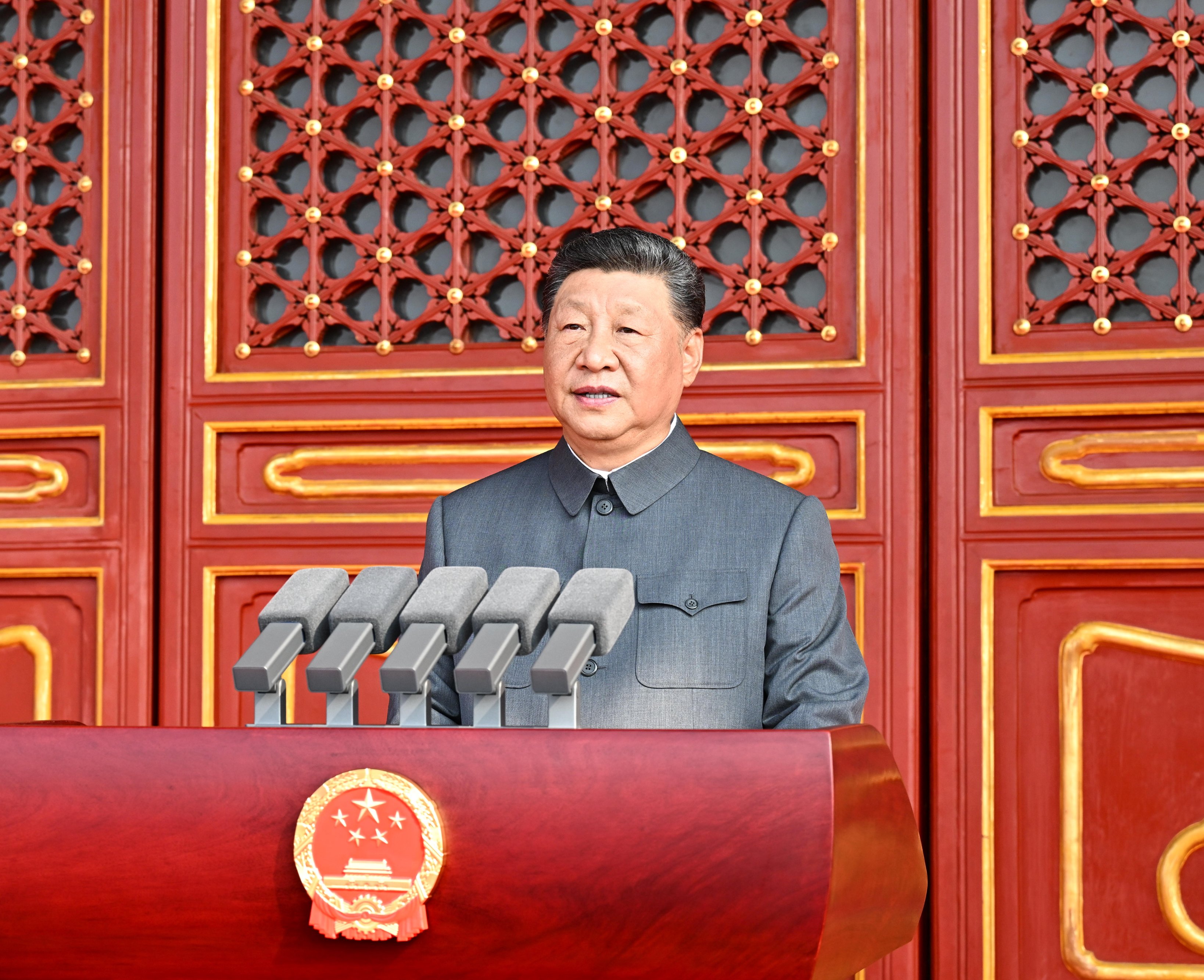What China’s Xi Asserted on Peace, Power, History and Why China Warned Against Law of the Jungle at WWII Anniversary
Chinese President Xi Jinping used the occasion of the 80th anniversary of China’s victory over Japan in World War II to deliver a speech that blended historical remembrance with assertive messages about modern geopolitics, Chinese identity, and future global leadership.
 |
| Image Source: Mao Ning |
He noted that the Chinese people fought the 14-year war “bitterly and heroically” and credited the contributions of Allied forces and international support — without naming specific countries.
The speech emphasized the value of multilateral cooperation and global peace but also carried pointed references to sovereignty, national strength, and vigilance against external aggression.
Xi warned against the “law of the jungle” making a return to global affairs and said China would always remain a force for “peace, stability and progress.”
Xi called on all nations to resist regression and uphold “international fairness and justice.” In a thinly veiled criticism of perceived global power imbalances, he stated: “Might may rule the moment, but right prevails forever.”
The Chinese leader urged solidarity and a shared commitment to peaceful development, while reaffirming China’s commitment to building what he often calls a “community with a shared future for humanity.”
The address closely aligned with Xi’s broader domestic and foreign policy themes, including Chinese modernization, historical legitimacy, and multipolar global governance.
It comes at a time when China faces increasing strategic tensions with the U.S. and its allies over issues such as Taiwan, South China Sea, and technology controls.
Although Taiwan was not explicitly mentioned, Xi’s repeated reference to “national sovereignty, unity and territorial integrity” echoes the Communist Party’s position that Taiwan is part of China and must eventually be brought under Beijing’s control -- by force if necessary.
The backdrop of a sweeping PLA military display, attended by Russian President Vladimir Putin and North Korea’s Kim Jong-un, added weight to Xi’s remarks on sovereignty and deterrence.
The speech also touched on internal values, stressing that the Chinese Communist Party must remain aligned with “the people,” and that national strength must ultimately serve human well-being and collective prosperity.
“China will always be a force for peace,” Xi said. “We sincerely hope that all countries will draw wisdom from history, value peace, jointly advance world modernization and create a better future for humanity.”
Xi concluded the address with a toast to the victory of 1945 and to a future of “enduring peace and shared prosperity.”
